The winter solstice occurs on December 21st, marking the shortest day and longest night of the year in the Northern Hemisphere. This astronomical event happens when the Earth's tilt positions the Northern Hemisphere farthest from the sun, resulting in minimal daylight. While it signals the beginning of winter in the Northern Hemisphere, it marks the start of summer in the Southern Hemisphere.
The winter solstice occurs in the Northern Hemisphere on Dec. 21 this year.As holiday lights brighten streets and the season of cheer unfolds, Dec. 21 marks the winter solstice this year -- a reminder that the darkest day of the year is upon us.
At 4:20 a.m. ET, the solstice will take place, marking "the beginning of winter in the Northern Hemisphere and summer in the Southern Hemisphere," according to NASA. "All locations north of the equator see daylight shorter than 12 hours and all locations south see daylight longer than 12 hours," NASA says.The two solstices are considered to be the start of the astronomical winter and summer seasons.
These seasons are based on Earth's natural rotation. In contrast, meteorological seasons divide the year into three-month groups based on temperature patterns, making them more closely aligned with our monthly civil calendar than astronomical seasons.Yes! After the solstice, every day will have a little more sunlight than the one before. By the time we reach the summer solstice on June 20, 2025, it will be the longest day of the year.
Winter Solstice Astronomy Seasons Earth Sun
United States Latest News, United States Headlines
Similar News:You can also read news stories similar to this one that we have collected from other news sources.
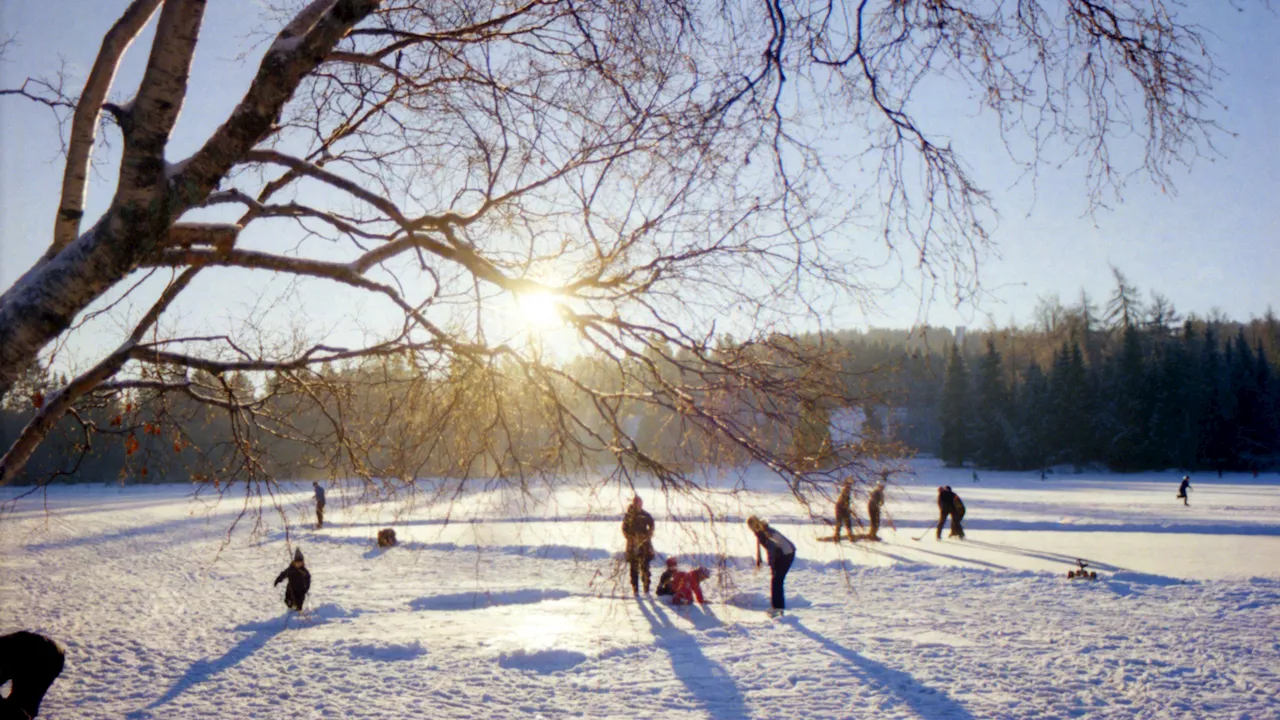 Winter Solstice Marks Shortest Day in Northern HemisphereThe winter solstice on December 21st signifies the shortest day and longest night of the year in the Northern Hemisphere. This astronomical event occurs due to Earth's axial tilt, positioning the Northern Hemisphere farthest from the sun. While the exact duration of daylight varies based on location, all areas north of the equator experience less than 12 hours of sunlight.
Winter Solstice Marks Shortest Day in Northern HemisphereThe winter solstice on December 21st signifies the shortest day and longest night of the year in the Northern Hemisphere. This astronomical event occurs due to Earth's axial tilt, positioning the Northern Hemisphere farthest from the sun. While the exact duration of daylight varies based on location, all areas north of the equator experience less than 12 hours of sunlight.
Read more »
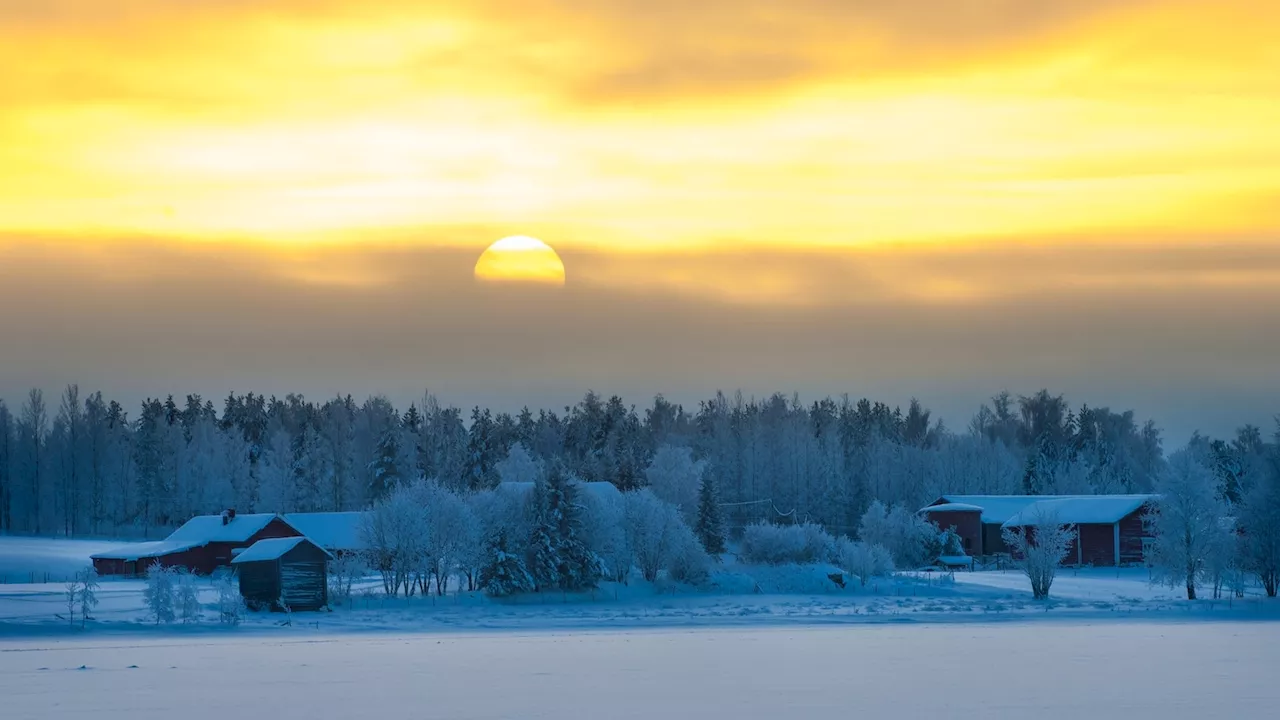 Winter solstice 2024: The shortest day of the year is arrivingThe winter solstice occurs in the Northern Hemisphere on Dec. 21 this year.
Winter solstice 2024: The shortest day of the year is arrivingThe winter solstice occurs in the Northern Hemisphere on Dec. 21 this year.
Read more »
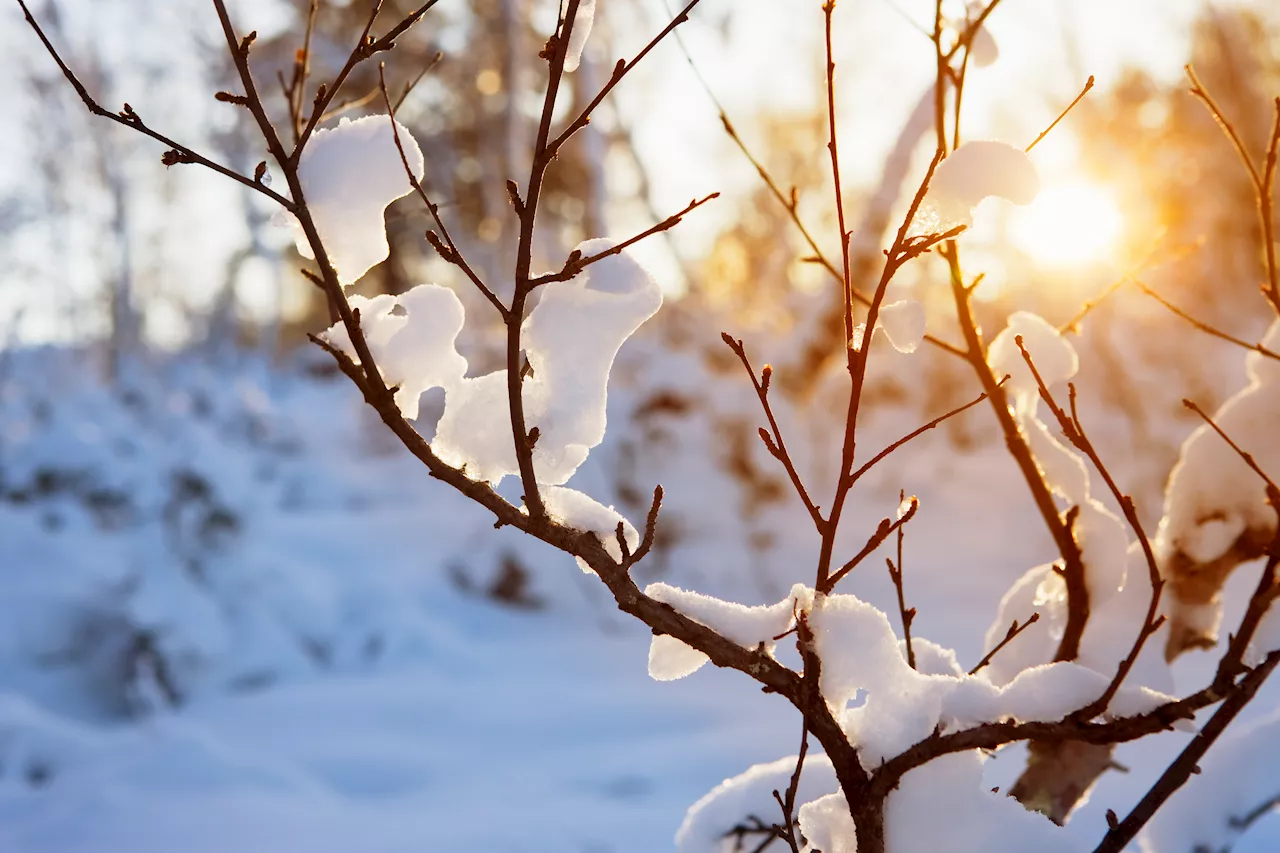 Winter Solstice: The Astronomical Start of WinterThis article explains the winter solstice, its astronomical significance, and how it differs from the meteorological winter. It also discusses the Earth's rotation and tilt, and how these factors influence the amount of sunlight received in different hemispheres.
Winter Solstice: The Astronomical Start of WinterThis article explains the winter solstice, its astronomical significance, and how it differs from the meteorological winter. It also discusses the Earth's rotation and tilt, and how these factors influence the amount of sunlight received in different hemispheres.
Read more »
 When is the winter solstice, and when will days start getting longer?Sunday is the start of meteorological winter, but when will the winter solstice officially take place?
When is the winter solstice, and when will days start getting longer?Sunday is the start of meteorological winter, but when will the winter solstice officially take place?
Read more »
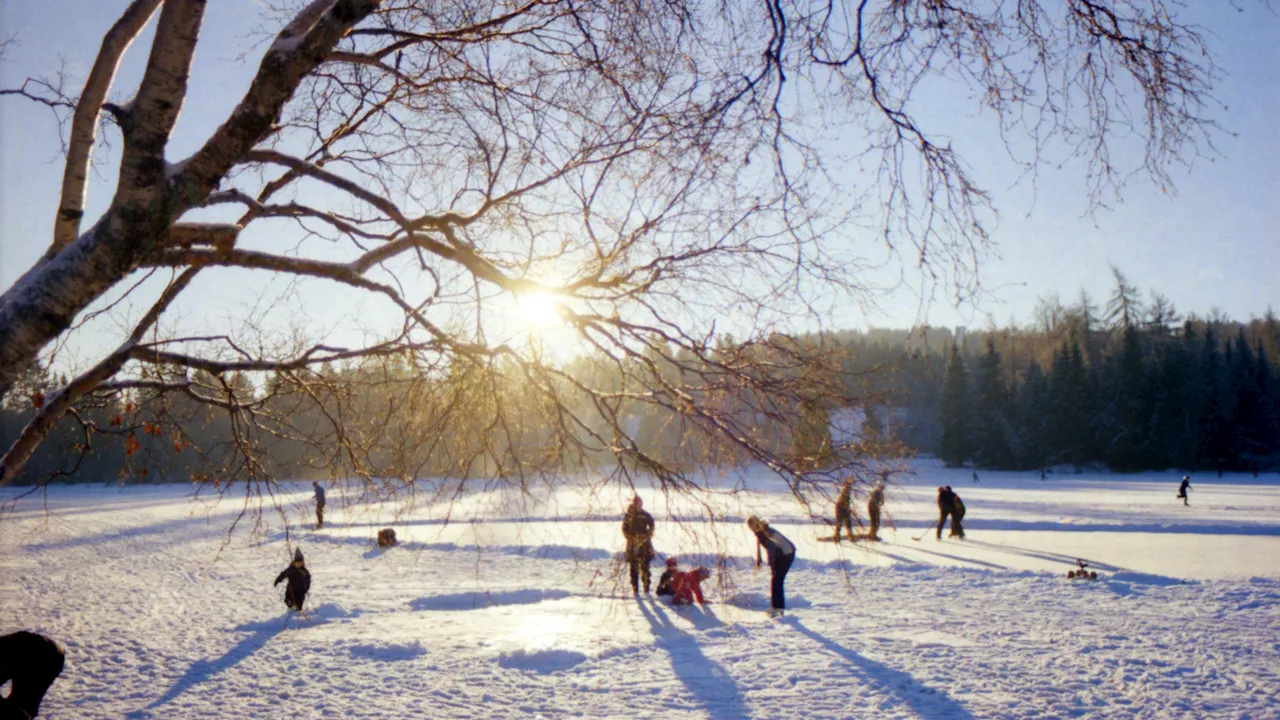 Winter Solstice Marks Shortest Day of the YearThe winter solstice, occurring on December 21st in the Northern Hemisphere, signifies the shortest day and longest night of the year. This astronomical event happens when the Earth's tilt positions the Northern Hemisphere furthest from the sun, resulting in minimal daylight. While the solstice marks the beginning of winter in the North and summer in the South, the amount of daylight varies depending on location.
Winter Solstice Marks Shortest Day of the YearThe winter solstice, occurring on December 21st in the Northern Hemisphere, signifies the shortest day and longest night of the year. This astronomical event happens when the Earth's tilt positions the Northern Hemisphere furthest from the sun, resulting in minimal daylight. While the solstice marks the beginning of winter in the North and summer in the South, the amount of daylight varies depending on location.
Read more »
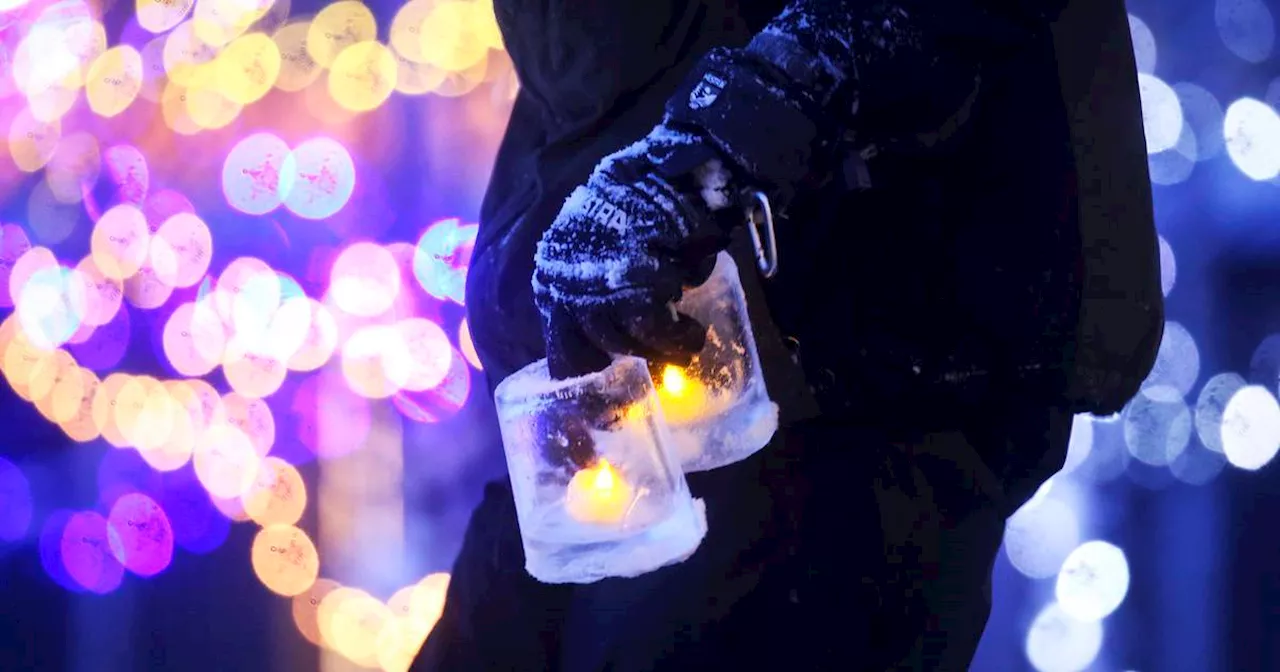 OPINION: How the winter solstice can bring us togetherLighting candles, burning logs, blanketing our cities with colored lights are all ageless traditions.
OPINION: How the winter solstice can bring us togetherLighting candles, burning logs, blanketing our cities with colored lights are all ageless traditions.
Read more »
